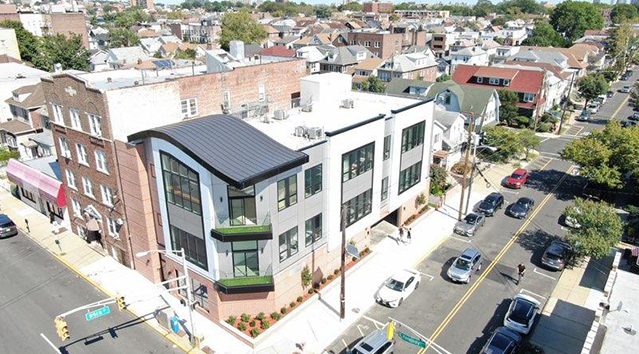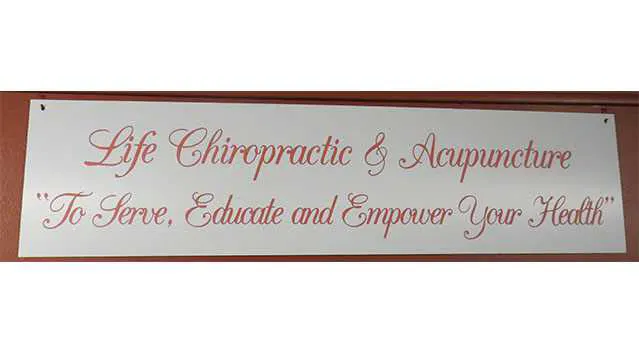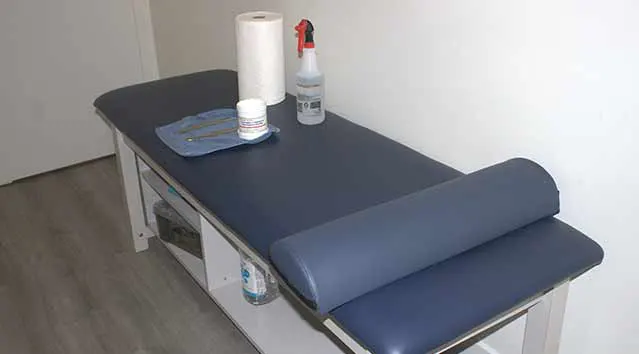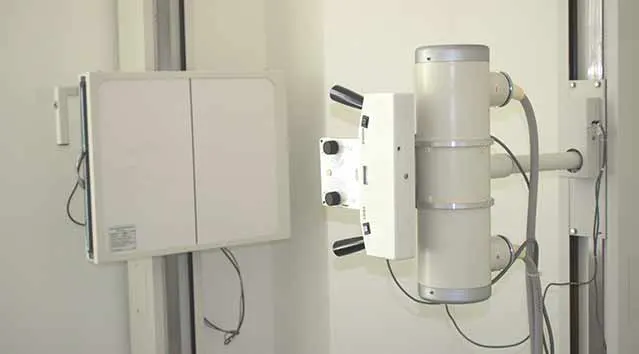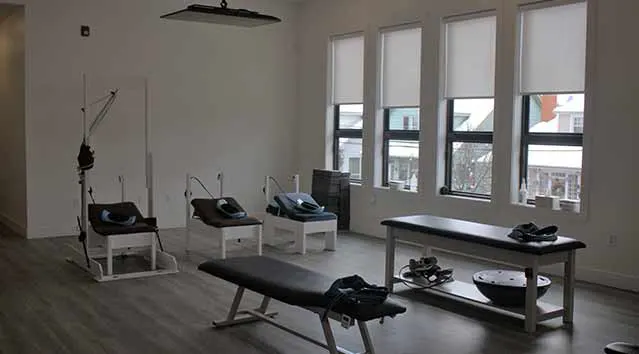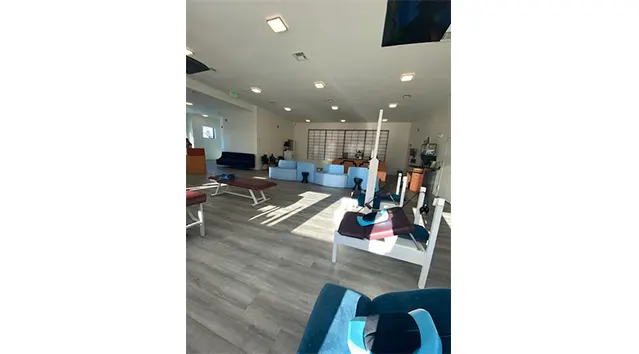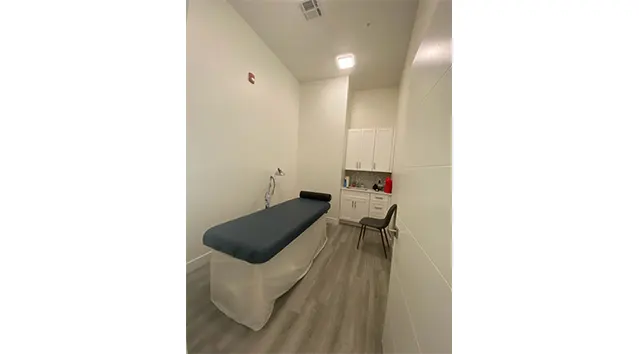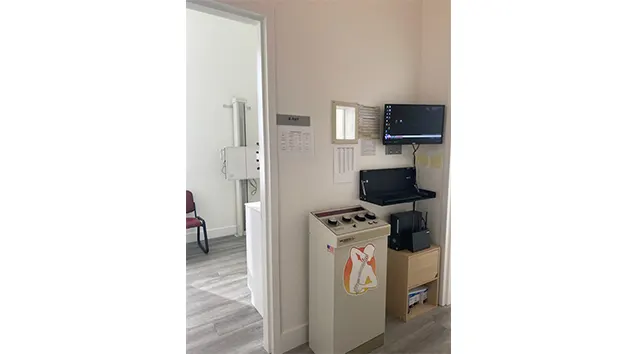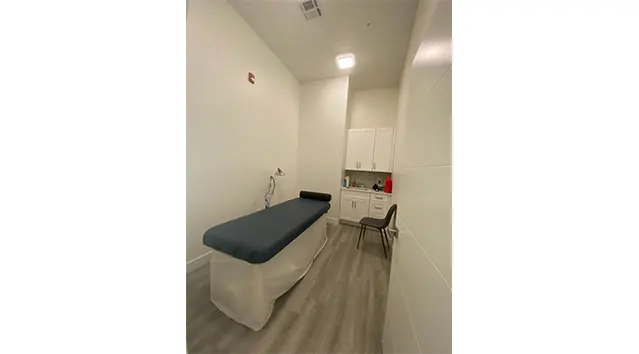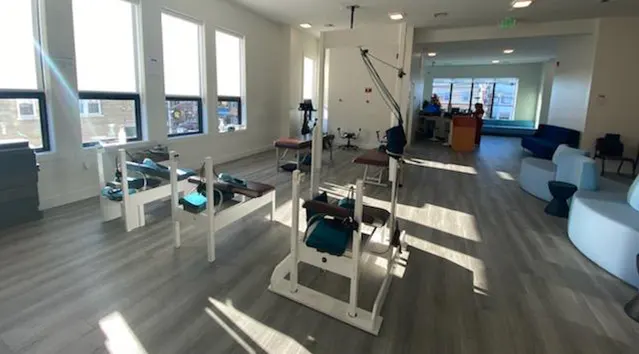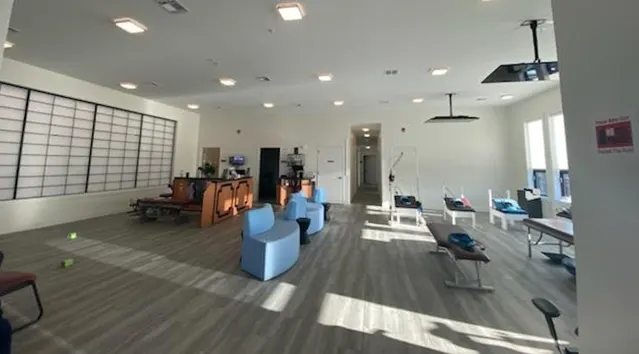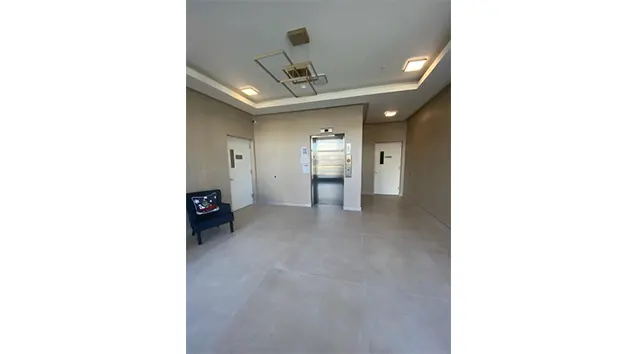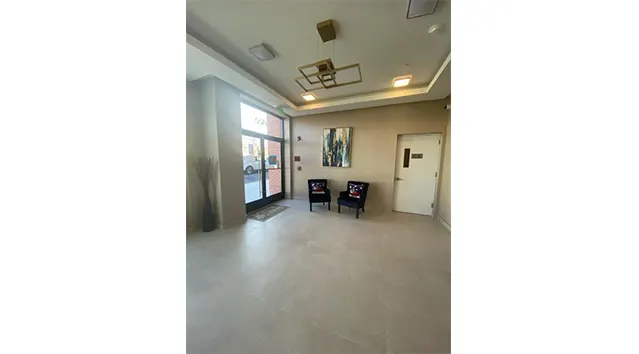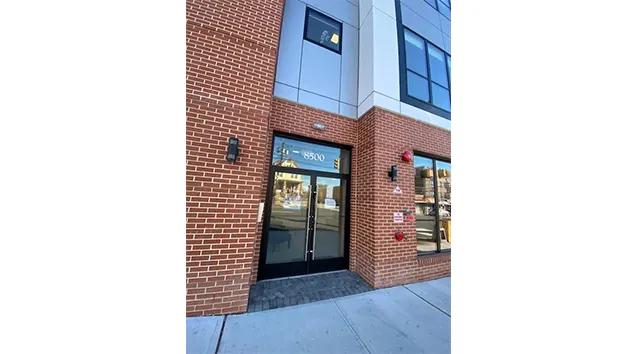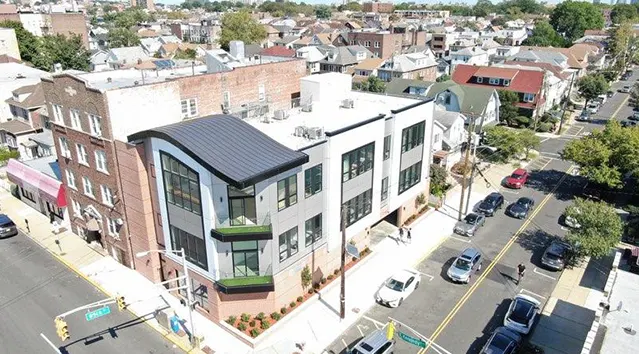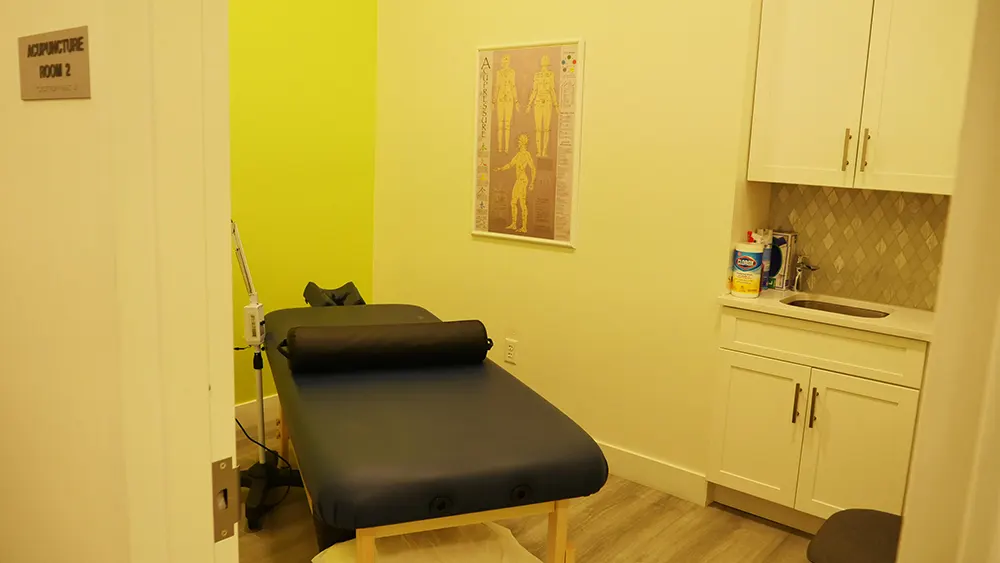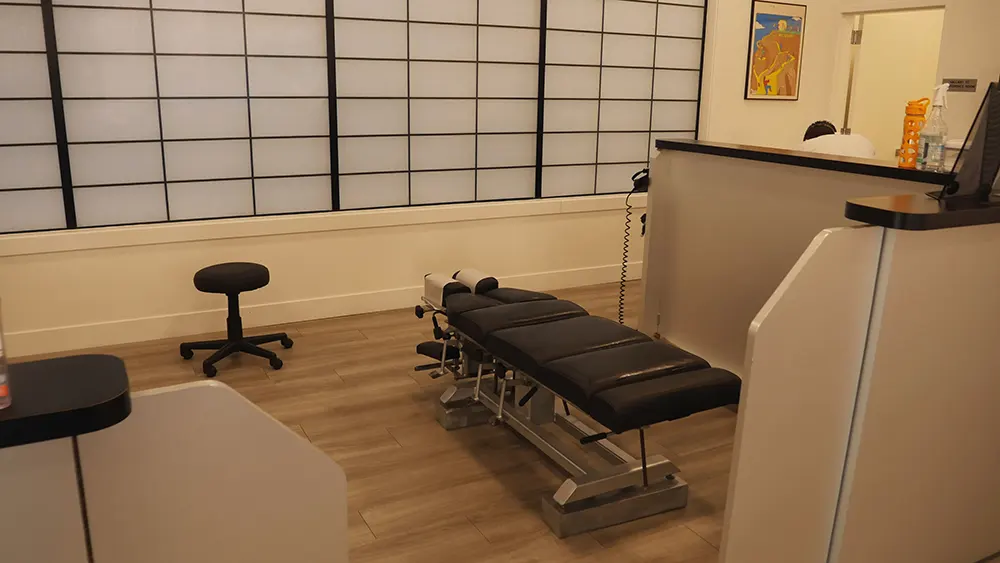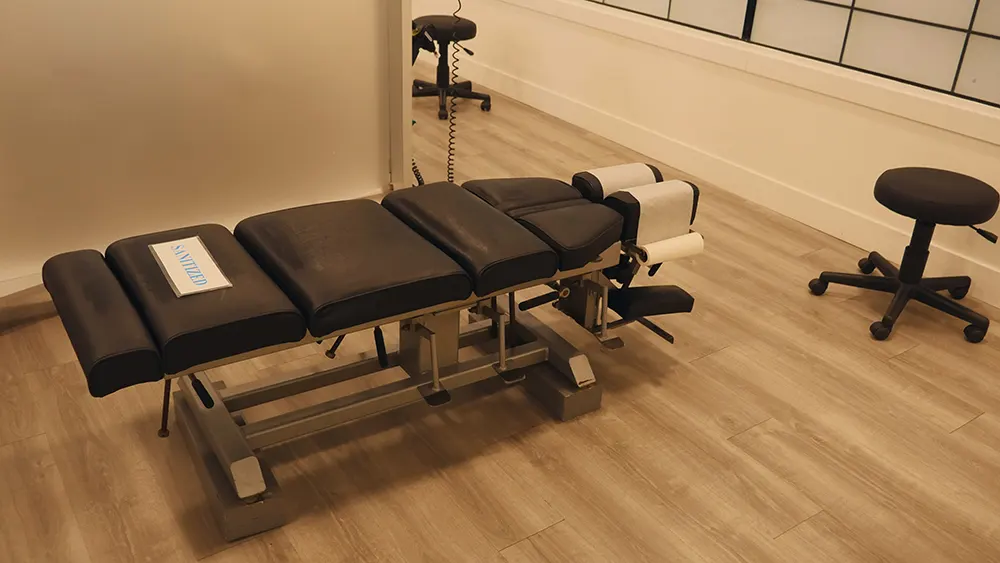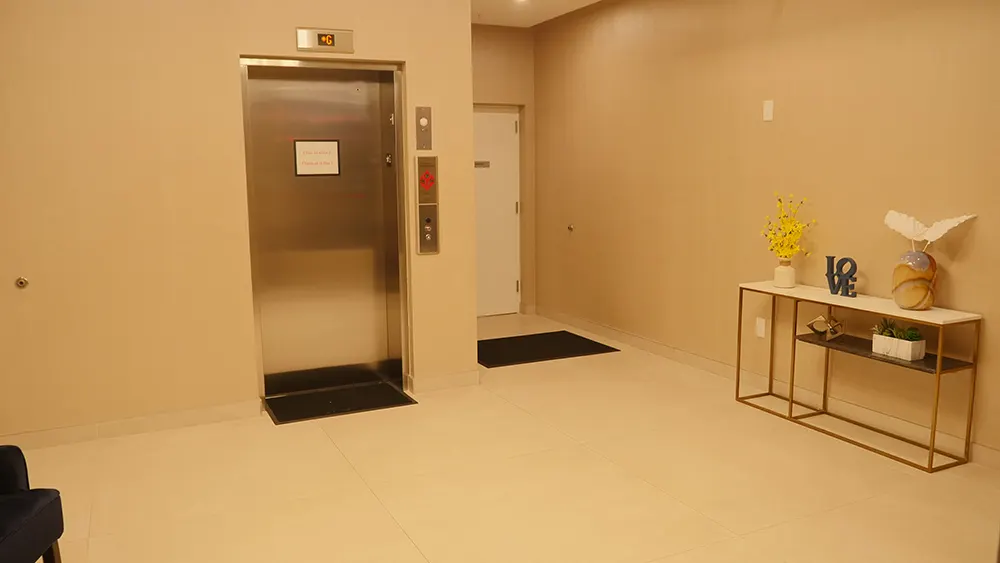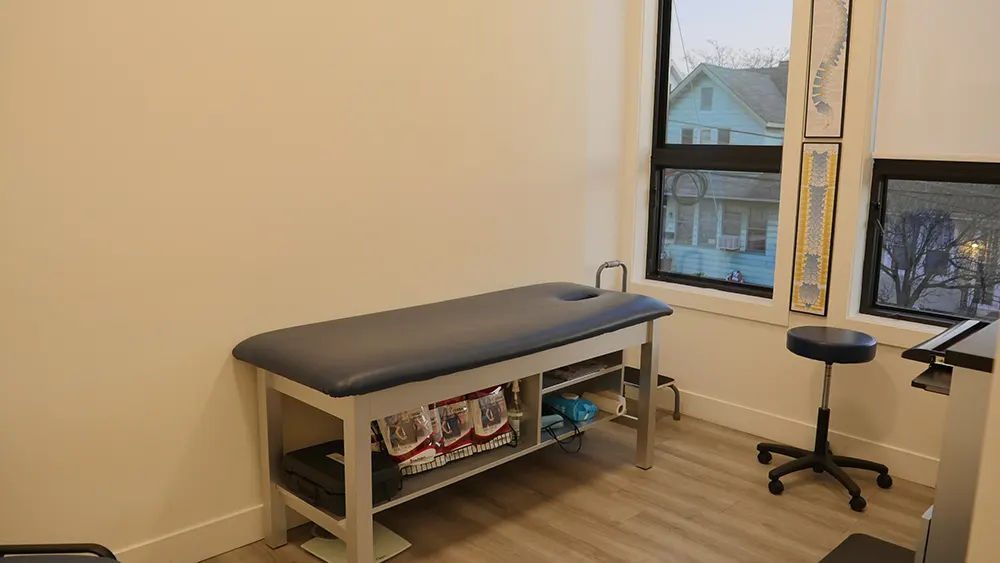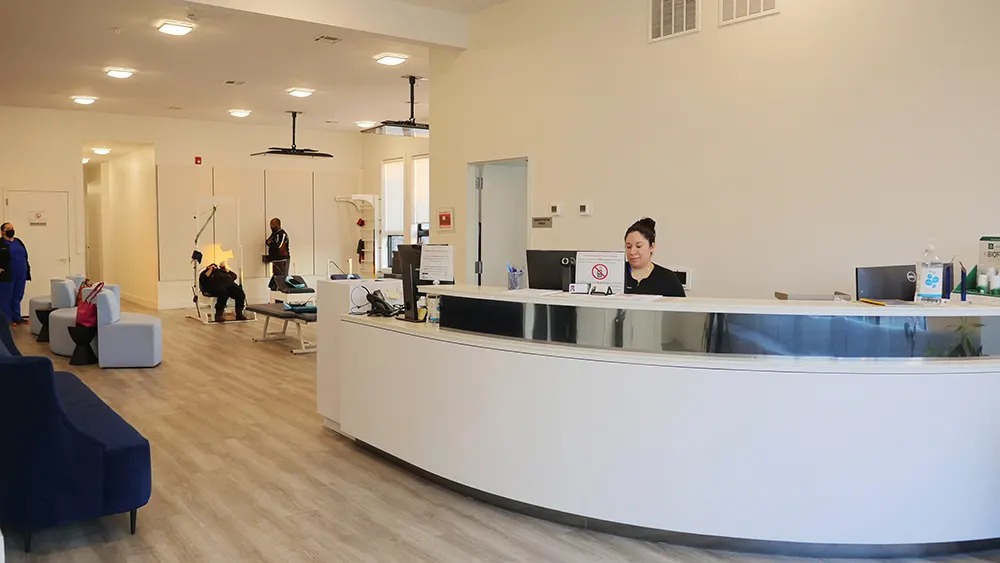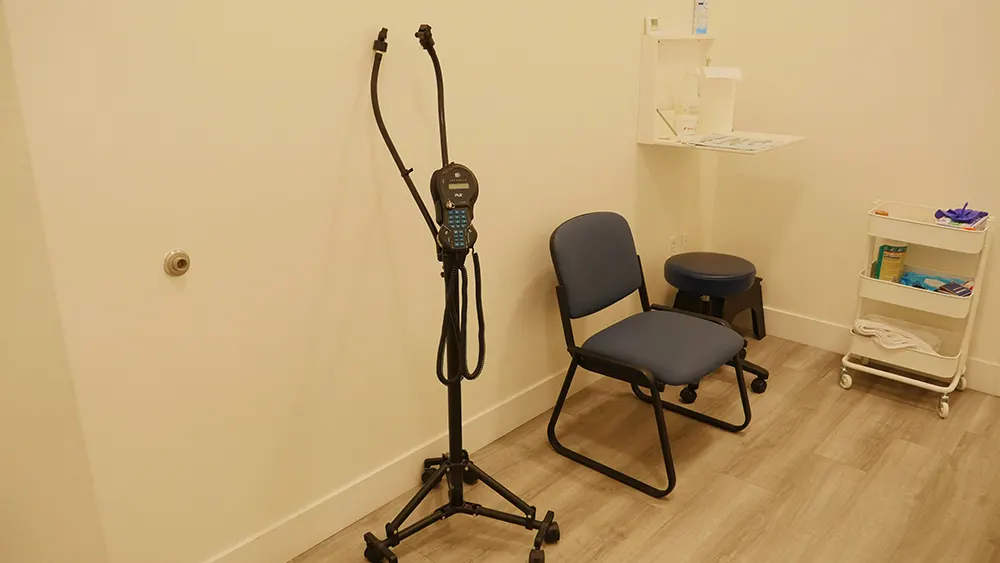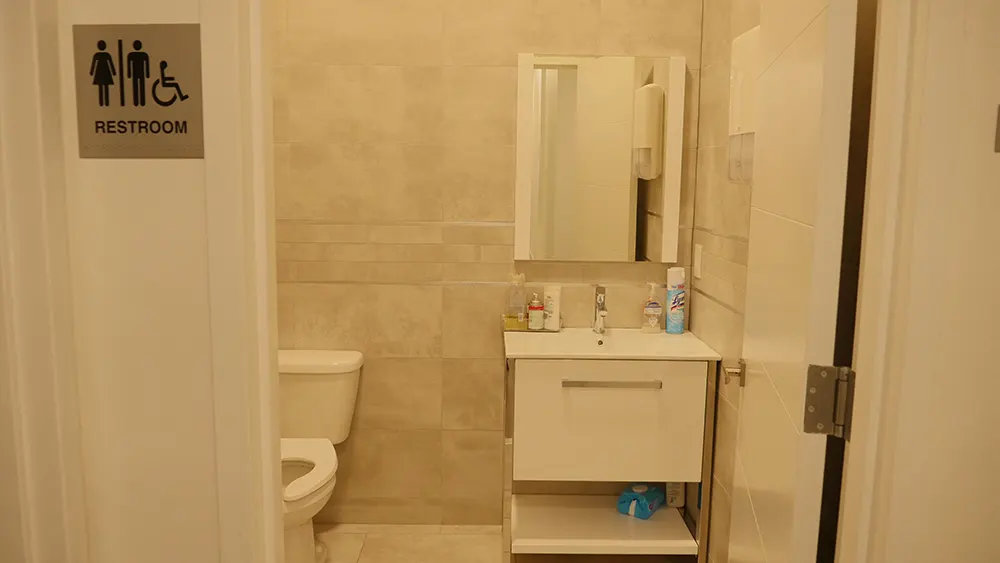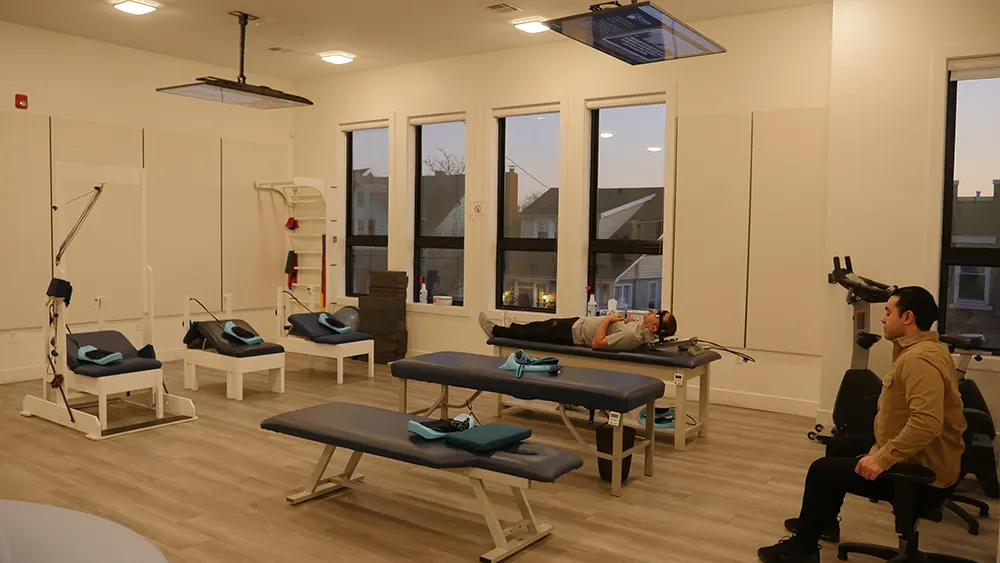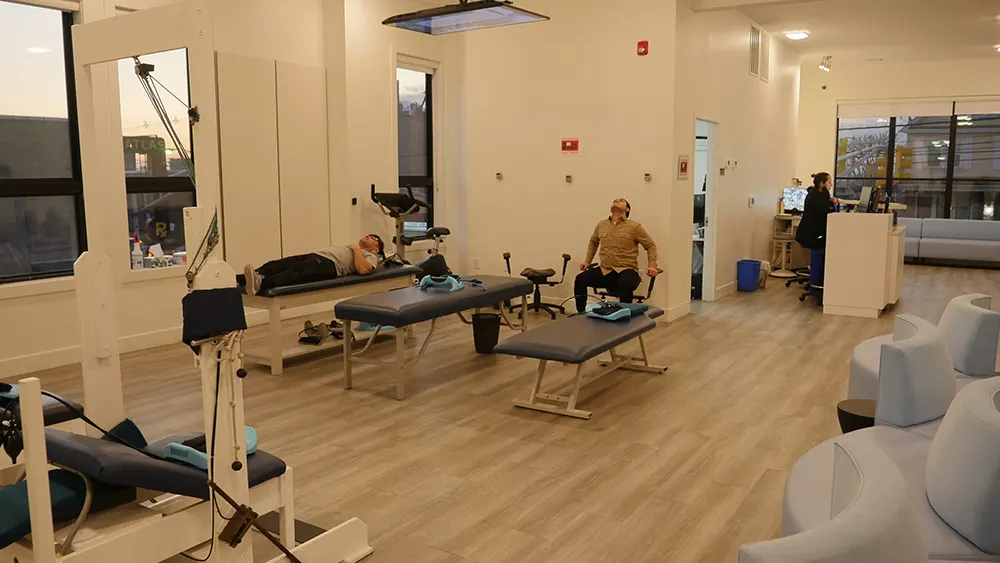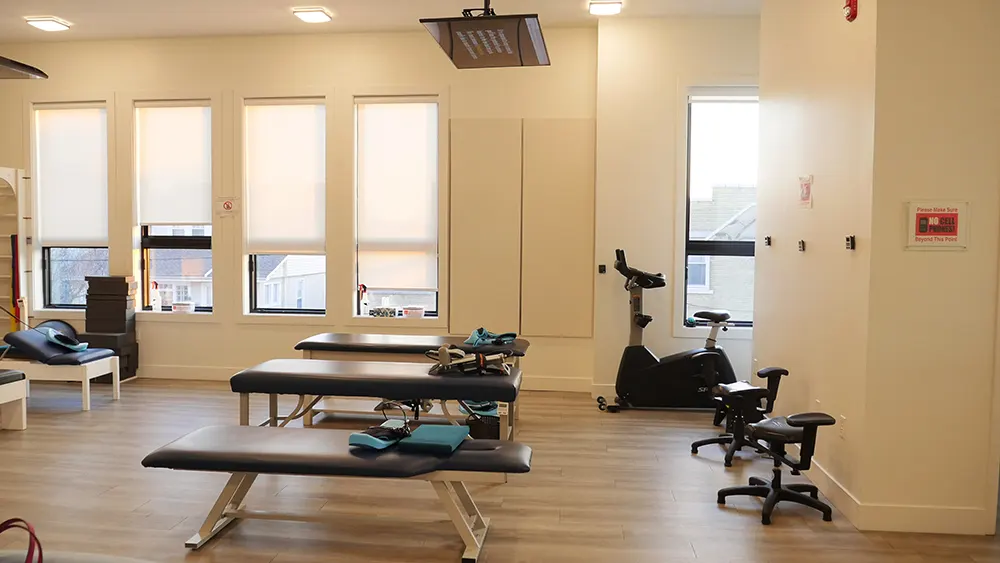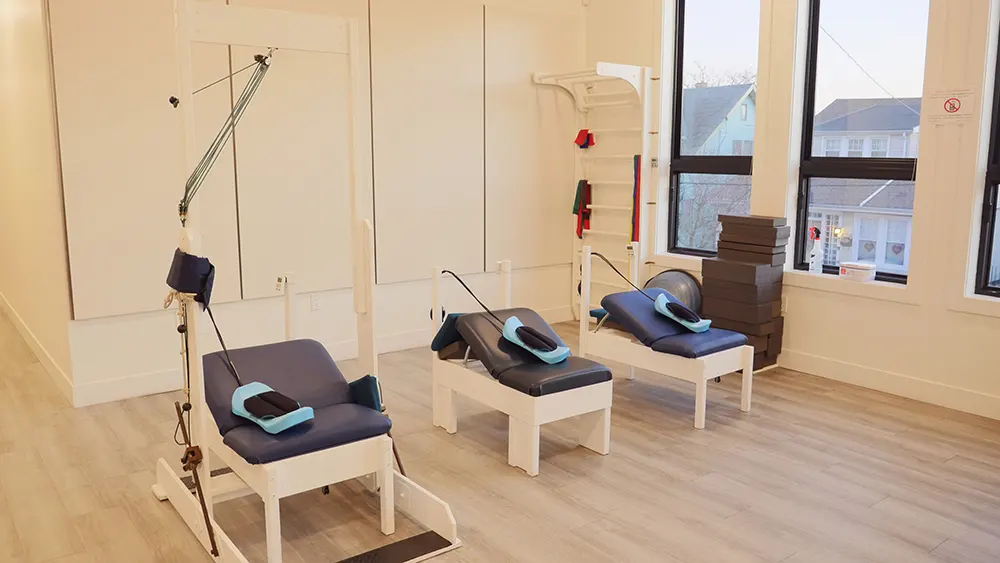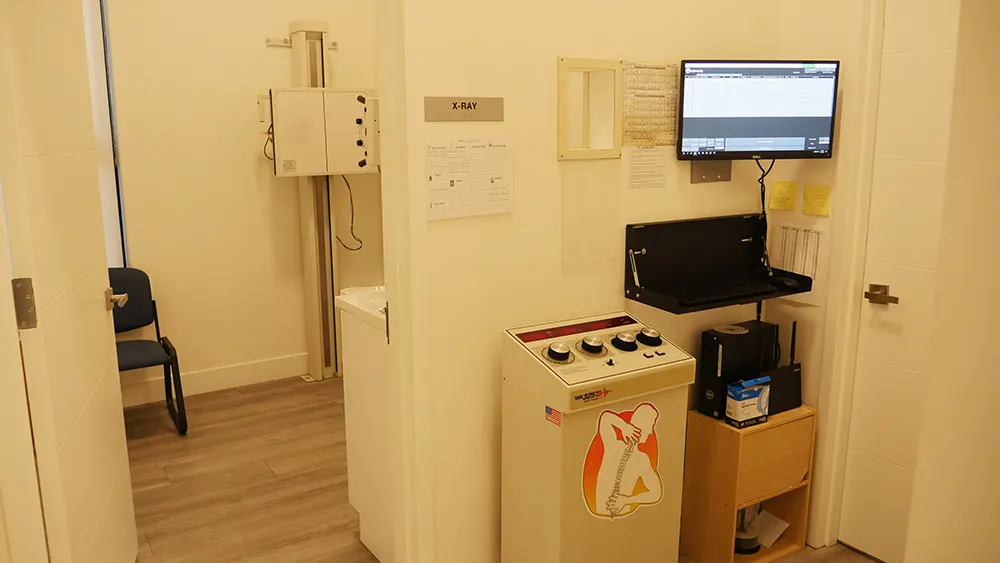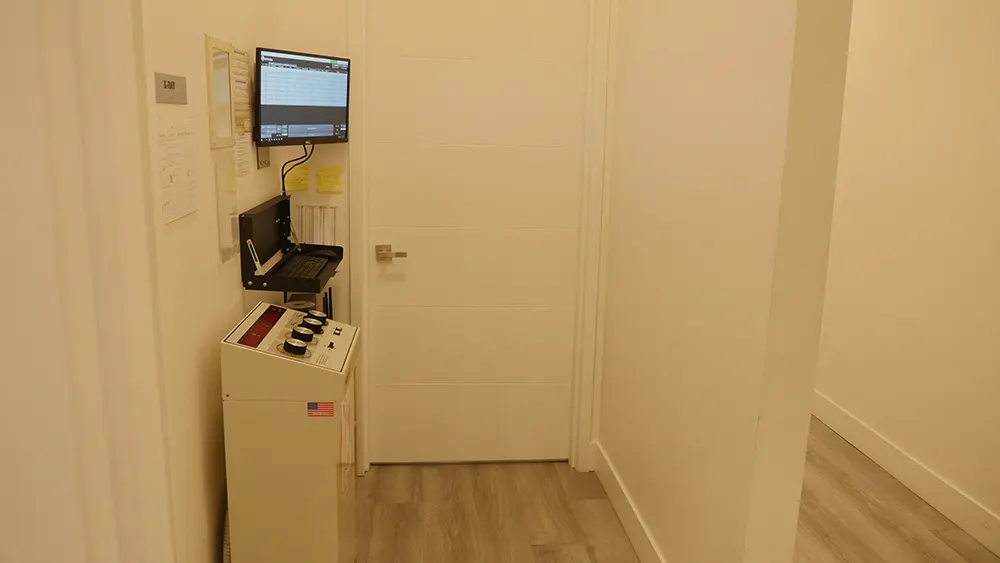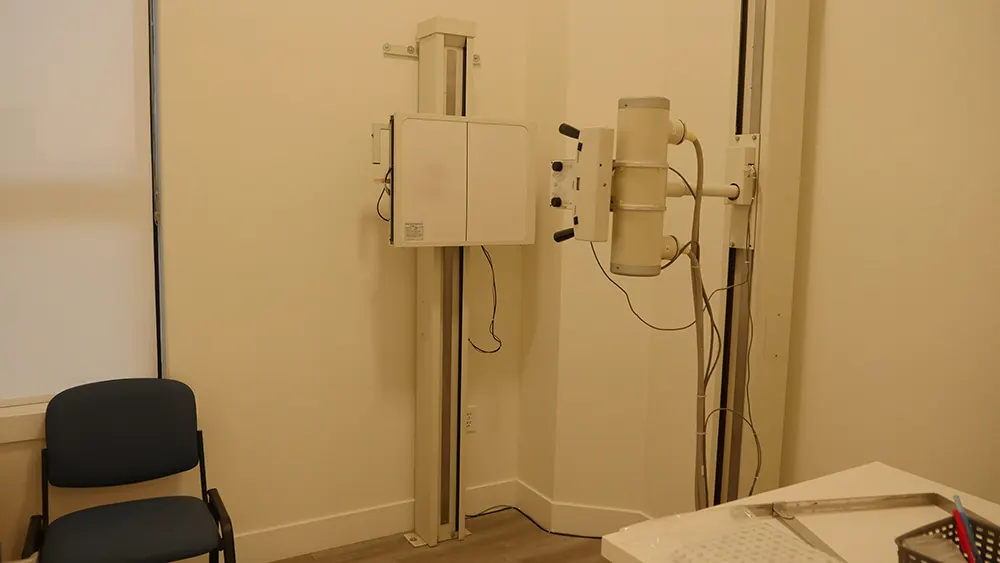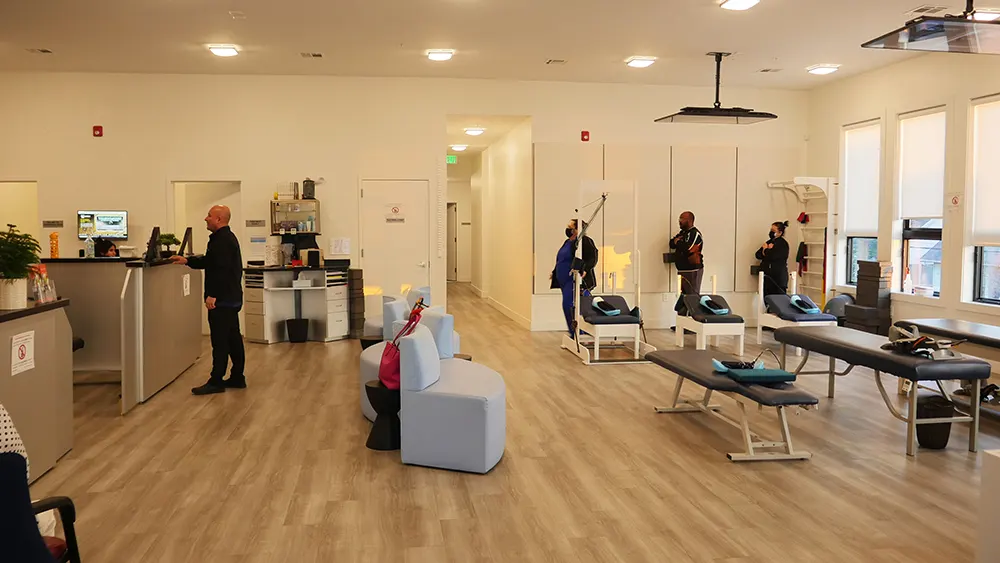Hello everyone. Doctor Alex Hernandez, the chiropractor here in North Bergen. And today we're gonna talk about carpal tunnel syndrome. Let's understand what the carpal tunnel syndrome is, what the symptoms are, what causes it and then what we can do for it.
So let me start, first out with what the carpal tunnel syndrome, I mean, what the carpal tunnel is. And the carpal tunnel is basically, the tunnel that is here at the wrist, in this area. And it's called a tunnel because if we look in this image here, this is where the tendons and the nerves pass through. And you also have a ligament that's on top, cross in here, and it forms a tunnel. So what do you have crossing through here? Nerves, tendons, and again, the ligament across.
Now, when people say I have carpal tunnel syndrome, what do they mean? Alright, what they mean is they can experience pain at the wrist, whether it's in this area, whether it's in this area, that's the number one symptom. The second symptom is they feel this kind of numbness or tingling sensation in the tunnel, and that's because the nerves are being compressed. There's two main nerves, you’ve got the median nerve and you’ve got the ulnar nerve, and those two nerves, once they're compressed, you can get that sensation of numbness or tingling or some electric shock type of symptom. Now, another top symptom is, people feel weakness in the wrist, they're unable to grab a cup of coffee and hold it. They're unable to turn or pull on a door, they can't pull a knob. They try to open a jar of, let's say, jelly or a mayonnaise jar and they're unable to do it because they've lost the strength. Now, those are the symptoms that I hear most commonly when people experience carpal tunnel syndrome.
Let's talk about a couple of professions that cause this kind of carpal tunnel symptoms, and we're gonna look at people that are working a lot on the keyboard; we're gonna look at people that are sewing; we're gonna look at people that are doing any kind of repetitive stress. Some people that play guitars also experience this kind of thing. So, if you have these kinds of symptoms, now, the question is, where is this coming from? And there are a few reasons for where and why you're getting the carpal tunnel symptoms. The first one, the most obvious one is, obviously, you're having the pain here, you're experiencing it here, but that's not the entire story. These nerves may be trapped elsewhere, they could be trapped in your elbow, they could also be trapped in your neck. So you gotta look at the entire highway of this nerve, as I like to call it. So from the root of the nerve in the neck, down through the elbow, all the way into your wrist. So if the issue is something from a pinched nerve in your neck, yes, you're gonna get numbness and tingling down the hands and you may confuse that for carpal tunnel issue. The second one is your muscles and tendons here at your elbow and at your wrist. So you may have a tendon issue, what we call a tendinopathy, a tendinosis in this area, which could also be compressing the nerves, thereby creating the carpal tunnel syndrome. So, you have to get this diagnosed properly, you have to look at what is causing these symptoms.
Another tool that we use here at the office, we have a grip strength machine, and what this machine does is we're able to measure the strength objectively through this machine. So we have you squeeze really, really hard, it gives us a reading and we compare this on both sides. So we do the left side, we do the right side, we do it 3 to 5 times on each side, and we get an average. Most people that have carpal tunnel syndrome issues are unable to squeeze a good amount left versus right or right versus left. So this is one of the instruments that we use. Now, if you are experiencing this kind of symptoms, I would suggest getting yourself a professional evaluation, as chiropractors were trained in looking at the root cause of the issues. So it could be the problems in the nerves in the neck, it could be the entrapment at the elbow, or at the wrist.
Alright everyone, so there are certain professions that are gonna have a tendency to have more carpal-tunnel-syndrome-like symptoms. And the first thing we're gonna look at here, this is somebody that does sewing for a living. So, the sewing, you're pushing the material, you're trying to turn it, etc. That's gonna create a definite carpal tunnel syndrome over a period of time. A second profession is the guitar player. So if you're a guitar player yourself, you might have experienced some of these symptoms, some of that wrist pain and you just have to really learn how to play the guitar correctly. But in any event, there are certain positions that will create carpal tunnel syndrome. The next profession, very common, is mechanics. So car mechanics, or airplane mechanics, whatever it may be, there has to be certain tools that are used in certain weird positions. You know, I've heard stories putting transmissions, engines in, and of course, you gotta utilize a lot of force for certain things, that can create that kind of problem. And the last profession that we have are the hairdressers, the hair stylists. There's a lot of use of scissors, you know, the comb, the brush, etc., and again, it's over a period of time in crooked positions, which is gonna create the carpal tunnel syndrome.
So if you're experiencing carpal tunnel-like symptoms, the pain, the weakness, the numbness, or the tingling, feel free to call our office for a consultation. We'll give you an evaluation and we'll also provide the most appropriate treatment plan for you. Thank you so much.





